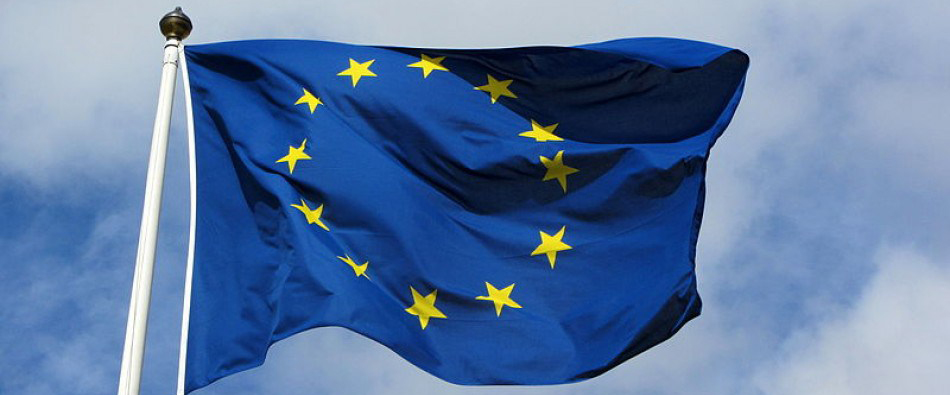EU, its cities and regions stand for worldwide sustainable development

Corina Crețu
EU Commissioner Regional Policy (2014-2019)
The European Union, its Member States and its cities and regions have always been at the forefront of sustainable development.
Three years ago, Europe played a central role in the making of the 2030 Agenda for Sustainable Development, which laid the foundations for a series of implementing agendas - including the New Urban Agenda. This, in turn, paved the way for a sustainable, place-based and integrated approach to urban development through empowering local actors.
The EU is also engaged in dialogues and cooperation on regional and urban policy with key strategic partners around the globe. For EU regions and cities, this dialogue is essential, as it provides important opportunities to engage in broader cooperation with counterparts worldwide, and allows them to pool international policy experience for the benefit of policy makers, regions and cities, and therefore citizens.
Furthermore, by doing so, European regions and cities project the EU model of regional and urban development based on a range of key principles; such principles include working with the private sector and civil society, equal opportunities, participative democracy and, of course, sustainable development.
In this context, one of the cornerstones of the European way of delivering regional policy is the full involvement of the grassroots. This is achieved through a multi-level governance system where each level - European, national, regional and local - has a role to play, for example in designing regional and local strategies and selecting projects. This triggers a strong sense of ownership of the policy on the ground. And it is precisely these features that have inspired interest in large countries with major territorial imbalances, in particular those that are seeking to combine the pursuit of a more even pattern of growth, with governance systems that contribute to transparent public policies and that help to promote further integration through decentralization.
In fact, international cooperation action is increasingly promoting a more decentralised cooperation. Through our main initiative in this field, the three-year (2016-2019) International Urban Cooperation programme, we aim to enable cities to link up and share solutions to common problems. It is part of a long-term EU's strategy to foster sustainable urban development, in cooperation with both the public and private sectors. The programme is developing international urban cooperation with key partner countries in Asia and the Americas on three key themes: sustainable urban development, climate change action through a focus on sustainable energy, and cooperation on innovation for local and regional development.
I am glad to see this programme growing, particularly as it strengthens peer-to-peer knowledge management, exchange, sharing and networking between project stakeholders. If we want to live in a better world, it is essential to provide systematic access to local practice-oriented solutions/ experience and contacts, in particular between the EU and main partners in third countries, by collecting, generating and sharing information among participants and transferring good practice on urbanisation and innovation.
Earlier this year at the World Urban Forum in Kuala Lumpur, the EU showed its determination towards political ownership and commitment to making capital contributions to improving urban development internally at the EU level, but also externally with partner countries. We are particularly determined to strengthen the existing framework to have a long-term perspective to allow cities to adapt to global challenges in a way that guarantees the respect of the essential principles illustrated by the Sustainable Development Goals.
Still in Kuala Lumpur we launched the call for applications for the second round of the International Urban Cooperation (IUC), the programme that promotes city-to-city pairing in the field of sustainable development; each local government will learn from each other's approach and successes in areas such as reducing poverty, gender equality, migration or renewable energy for instance.
But our work cannot achieve maximum results unless it can fully count on efforts from other parties. That is why I am a strong supporter of ORU Fogar, whose work underpins our efforts and is essential in engaging different partners from across Europe, at all levels and across many policy areas. Of course, we also support many other initiatives in the field, among which PLATFORMA, the network of decentralised cooperation, whose efforts are essential for facilitating learning and exchanges at regional and local levels. Our work would not achieve key results without such partners.








































































